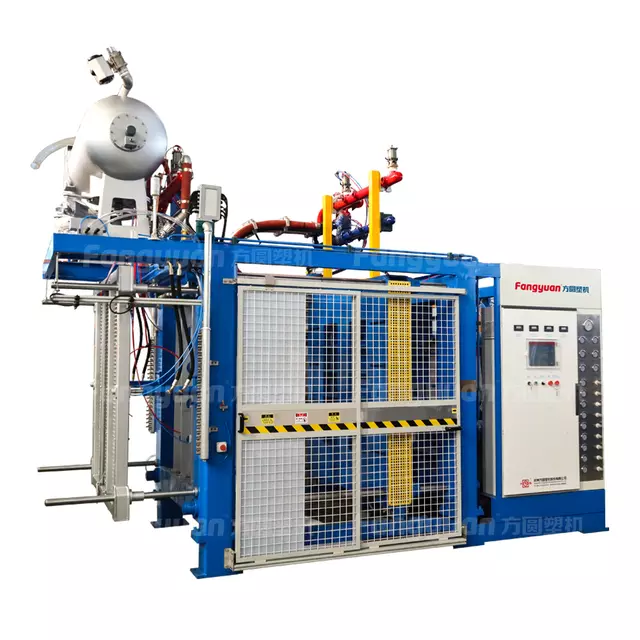Introduction:
In today's manufacturing world, efficiency and productivity are paramount. One area where companies seek to improve their output is in the field of plastic injection molding (PIM), a process that involves injecting molten plastic into a mold to create a variety of parts.
One material that has gained significant traction in recent years due to its versatility and low cost is ethylenetetrafluoroethylene copolymer (ETPU). This polymer offers several benefits over traditional plastics, including excellent thermal stability, chemical resistance, and biocompatibility. However, one aspect of ETPU that sets it apart from other materials is its maximum production capacity. In this article, we will explore the capabilities of ETPU machines and how they can help companies maximize their production capacity.
Maximum Production Capacity of ETPU Machines:

The maximum production capacity of an ETPU machine largely depends on various factors such as the size of the mold, the speed of the press, and the type of material being molded. However, there are some general guidelines that can be applied to determine the potential capacity of any ETPU machine.
For instance, the standard size of an ETPU mold typically ranges between 120180 cubic inches. With a typical ETPU machine producing at full speed and using the most efficient molds available, a company could achieve up to 500 units per day. Of course, this number can vary depending on specific circumstances such as the quality of the molds used or the size of the company's production facility.
Conclusion:
While there is no definitive answer to what the maximum production capacity of ETPU machines is, it is clear that these machines have the potential to produce high volumes of parts efficiently. Companies looking to expand their operations or meet increasing demand for ETPU products should consider investing in ETPU machines with advanced features and capabilities to take advantage of their full potential.
























 QQ
QQ